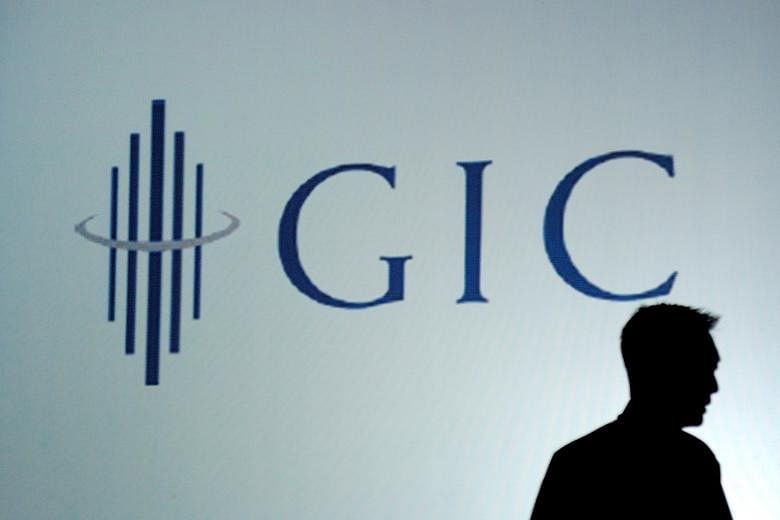LONDON • Sovereign wealth funds spent a total of US$24.9 billion (S$35.6 billion) on overseas acquisitions in the third quarter of 2015, almost double the previous quarter as they chased after trophy assets.
Thomson Reuters data shows that these funds, which invest windfall revenues from oil and other commodity exports for future generations, were involved in 28 deals in the July-September period, down 10 from the previous quarter.
Singapore's investment funds GIC and Temasek were part of separate consortiums that featured in the top two deals in that quarter.
Total value is still shy of the US$30.6 billion peak reached in the last quarter of last year, when sovereign funds were buying up assets at their fastest rate since the financial crisis. But it marks a significant rebound from the first quarter, when deal value slipped to US$5.4 billion for 32 transactions.
The surge in deal value is partly attributable to the limited number of investment opportunities, especially in infrastructure, where some funds have struggled to hit their allocation targets.
Others have chased "trophy assets" to fill out their real estate portfolios. But competition is fierce for these Tier 1, headline-grabbing skyscrapers.
"There is so much capital in the market," said Mr Joe Valente, head of research for European real estate at JP Morgan Asset Management. "By and large, these assets are fully priced but that doesn't mean investors will stop buying them. There is such competition for stock, that is distorting the premium."
The US$8 billion sale of Symantec's Veritas data storage business to a consortium of investors that included Singapore's GIC was the biggest deal of the quarter.
This was closely followed by the US$6.4 billion sale of Tesco's South Korean arm Homeplus to a consortium that included Singapore's Temasek Holdings and the Canada Pension Plan Investment Board.
"Some of the sovereign funds now have significant resources to undertake the necessary due diligence for deals of that size - they're becoming more confident," said Mr Gavin Ralston, head of official institutions at fund manager Schroders.
Real estate remained popular, with Norway's sovereign wealth fund buying a stake in Airbnb's corporate headquarters in San Francisco, while Qatar's Katara Hospitality hotel group acquired the Westin Excelsior hotel in Rome.
Sovereign wealth funds have stayed active despite predictions that falling commodity prices would force them to dial back overseas acquisitions.
Year to date, overall spending is level-pegging with the same period last year at around US$43.4 billion. Mr Ralston said this was mainly because the funds in the big deals do not depend on oil revenues.
Yet even the oil exporters have tended to use central bank foreign exchange reserves to bridge budget gaps, rather than tap into their sovereign wealth funds.
REUTERS

